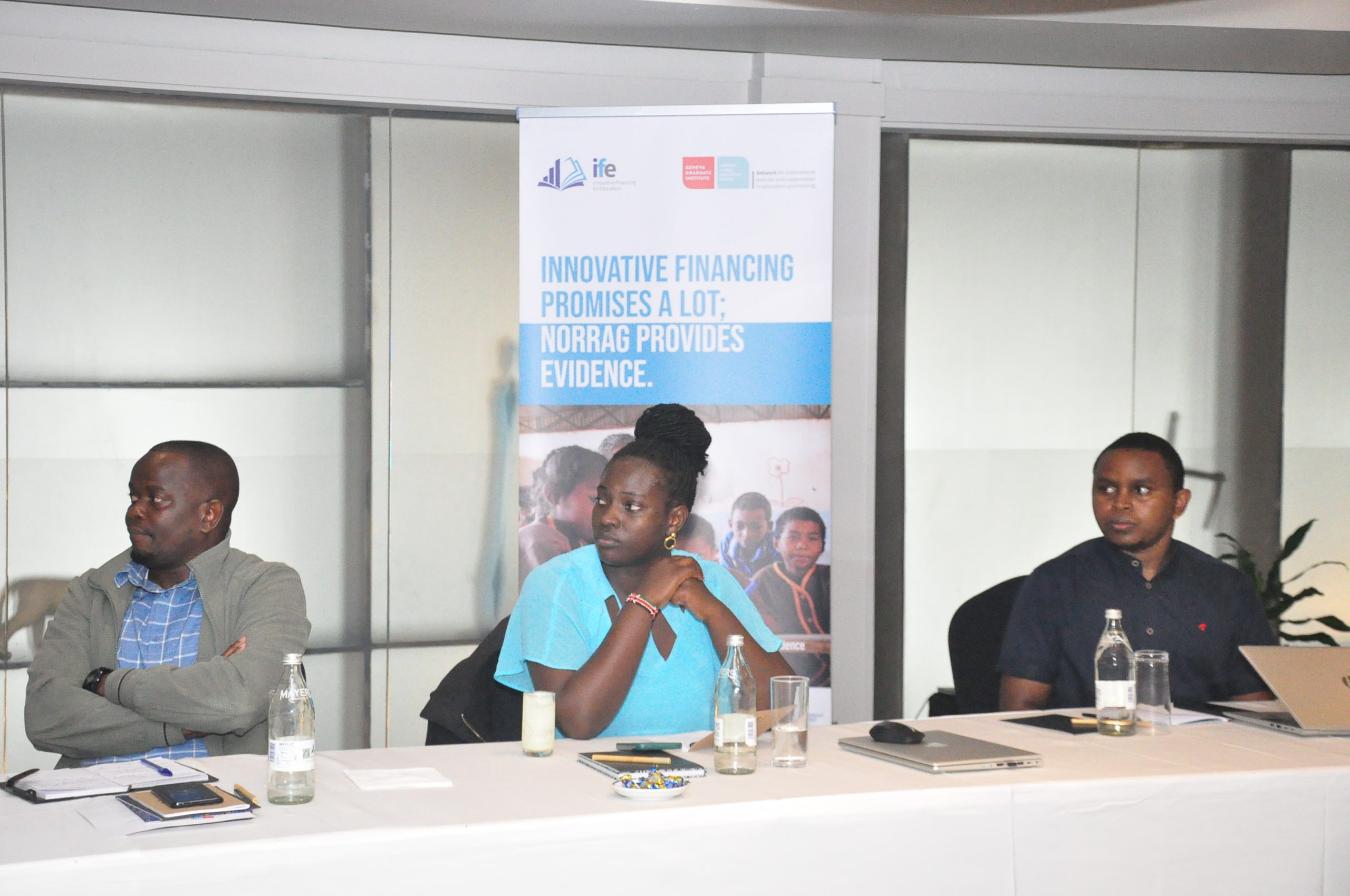Expanding Equitable Access to University in Kenya: Insights from a Practice Dialogue
Kenya has committed to providing equitable university access to all qualifying high school graduates. Yet, as demand for higher education grows, public funding remains limited. In response, the Government of Kenya has established different financing mechanisms and models as illustrated below. Many students—the “missing middle”—do not qualify for government aid but also lack access to commercial loans. To address this, innovative financing solutions have emerged, often targeting low-income students with products that have low/no collateral requirements and lower-than-market interest rates.
These were the focus of the Practice Dialogue on Student Financing held on 14 July 2025 in Nairobi, convening 20 university leaders, government stakeholders, financing service providers, and researchers. Hosted by LEAP and the Bertha Centre for Social Innovation and Entrepreneurship at the University of Cape Town with support and partnership from NORRAG, as part of Innovative Financing for Education to Leave No One Behind project, the event took stock of of developments in the student financing landscape. It provided a platform to reflect on existing models, explore innovative approaches, share key implementation lessons, and discuss the challenges facing higher education financing in a rapidly changing context.

Innovative models highlighted included LEAP’s no-collateral loans – introduced by LEAP -, and Income Share Agreements (ISAs) introduced by Chancen International Kenya, linking repayments to graduates’ income and offering capped, risk-reducing terms.
Participants discussed Kenya’s shift toward a needs-based, student-centered model led by the Universities Fund , which aims to improve equity and transparency, and how innovative student financing tools such as LEAP and Chancen can help address persisting challenges around growing demand not matched by sufficient public funding, the need for better data to guide targeting and monitoring. While the interest in further exploring Public-private partnerships to expand financing options and improving system efficiency, more evidence on the impact and effectiveness of such tools will be critical in the coming years to inform larger-scale shifts and policy decisions. From an operation view point, all participants emphasised the importance of institutional collaboration and data-driven decision-making across the student journey—from enrolment to employment and repayment.
The Innovative Financing for Education to Leave No One Behind project partners, including NORRAG, reaffirmed their commitment to advancing evidence-based, inclusive financing mechanisms and fostering collaboration across the education ecosystem in Kenya and the broader region.

